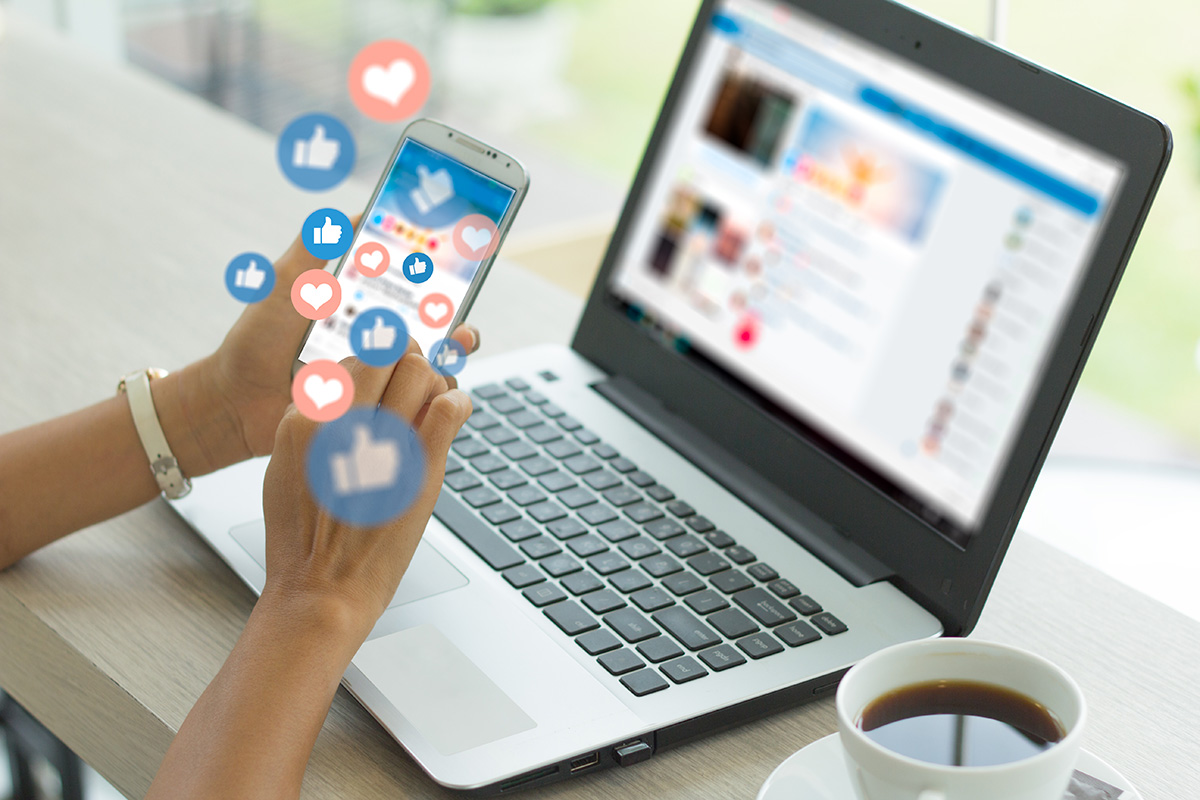Gain Attention Through Social Media
The definition of Social Media Marketing is the process of gaining website traffic or attention through Social Media sites. There are many reasons why you should consider leveraging Social Media Marketing for your company. First being that is where the majority of your clients spend a lot of their time. The second and almost as important, is that it can also improve your Search Engine Ranking by expanding your web footprint and sphere. The third is one of the best to date, and that is that your overall costs are relatively low, so your ROI can be great. Social Media Marketing can expand your reach beyond the search engines that potential clients use when they need a service or product right away, and in turn give you a chance to build your brand, so in the future when they do need your service or product, they automatically think of your company.
Interesting Facts about Social Media Marketing
- Research conducted by The Pew Research Center shows that 65% of adult internet users now say they use a social media site like Facebook, LinkedIN or Twitter.
- 89% of respondents say social media has generated more business exposure.
- 64% saw lead generation increase by using Social Media 6 hours or less a day.
- 69% of marketers use social media to gather marketplace intelligence.
- 62% of marketers using social media for 2+ years reported a rise in Search Engine Rankings.
#SocialMediaMarketing

